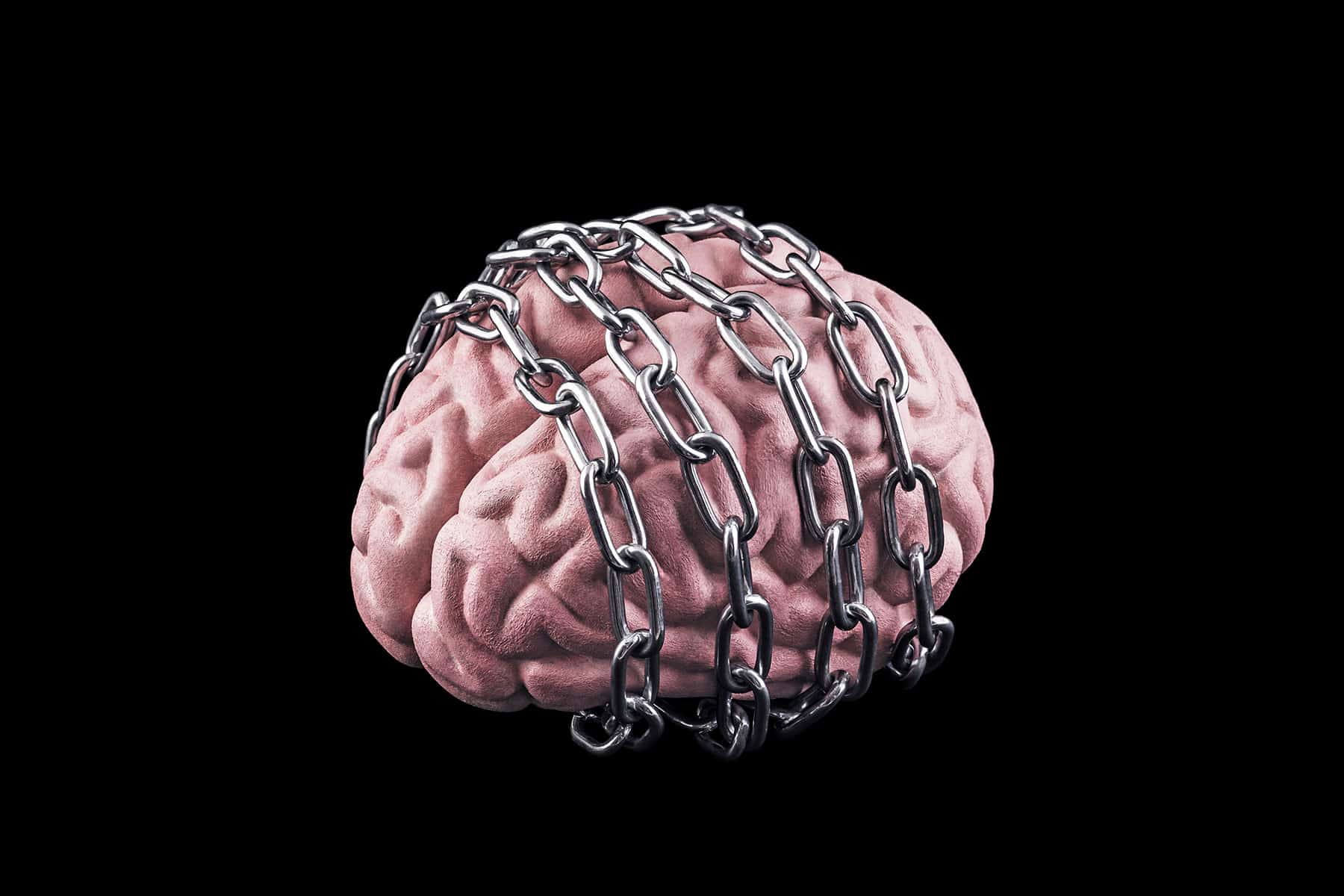Mental Health & Addiction Treatment Blog
Explore articles on mental health, drug and alcohol addiction, recovery, and family support. Whether you’re seeking guidance for yourself or a loved one, our blog offers expert insights, practical advice, and stories of hope to help you every step of the way.

Relapse Prevention
How Long Do the Results of Vivitrol Last?

Substance Addiction
How Long Do Drugs Stay in Your System? Which One Stays the Longest?

Alcohol Addiction
Common Behaviors of Someone with an Alcoholic Personality

Mental Health
What to Know About Cannabis-Induced Psychosis: How Long Does it Last?

Substance Addiction
7 Signs Someone Close to You Is Abusing Heroin

Relapse Prevention
What to Expect After Your First 30 Days of Sobriety

Northpoint News
Erica Lopez, LCSW Named Northpoint’s First COO

Relapse Prevention
Bad Habits in Addiction Recovery and How to Break Them

Substance Addiction
Track Marks on Arms: What They Look Like and What They Mean

Substance Addiction
What Happens to the Brain During Addiction?

Mental Health
12 Ways to Tell if You Are a Functional Alcoholic

Treatment Options